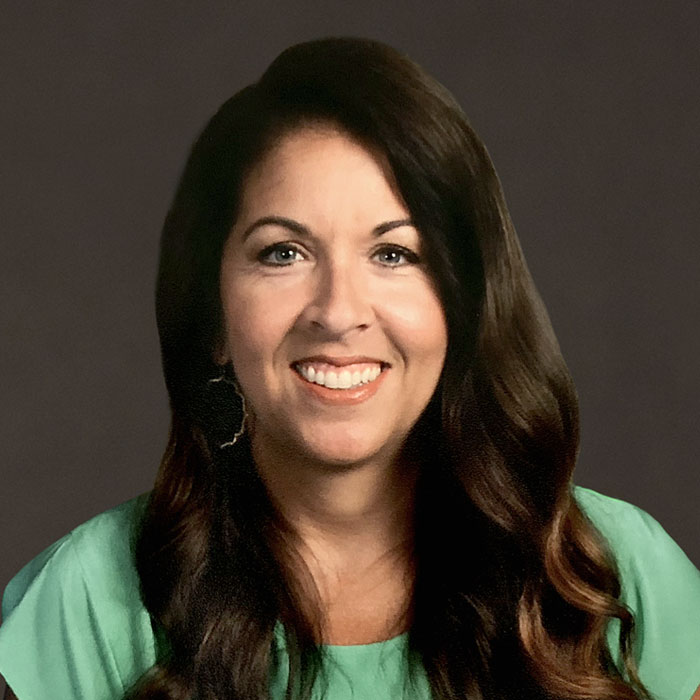Virtual Event Series

Claims Webinar Series
Sessions in this series are designed to help an entire claims team manage current challenges while preparing for what is on the horizon. Topics range from technology trends to emerging issues in claims and best practices in all aspects of claims management.
Recognizing that one size does not always fit all, NAMIC has created flexible registration options for your organization. You have the option to register for individual webinars, the full Claims Webinar Series, or a Company Pass, which gives you access to all five webinar series in 2024. Individual sessions will be listed below as they are confirmed.
Register for the 2024 Company Pass Register for the Claims Webinar Series Register For An Individual Webinar
All webinars will air live from 2:00 – 3:00 p.m. p.m. ET and will be available on-demand to view at your convenience within 24 hours of the live airing. All registered attendees will have access to the on-demand recordings through the end of 2024.
This session will provide an overall economic outlook of the property/casualty insurance industry and will include a high-level look at industry trends and disrupters. The always-popular Robert Hartwig, Ph.D., will provide important insights that will help you manage your company’s risk.
This session qualifies for one FMDC maintenance credit.

Robert Hartwig, Ph.D.
Director, Center for Risk & Uncertainty Management
University of South Carolina
When a claim is litigated, documents are included or excluded from the jury’s or judge's consideration based on Rules of Evidence. This interactive session will hit the highlights of the Rules of Evidence that are relevant to claims managers, claims handlers, investigators, adjusters, and other insurance professionals. Participants will learn how the Rules of Evidence relate to certain aspects of an insurance claim, negotiations, and the claim file itself.
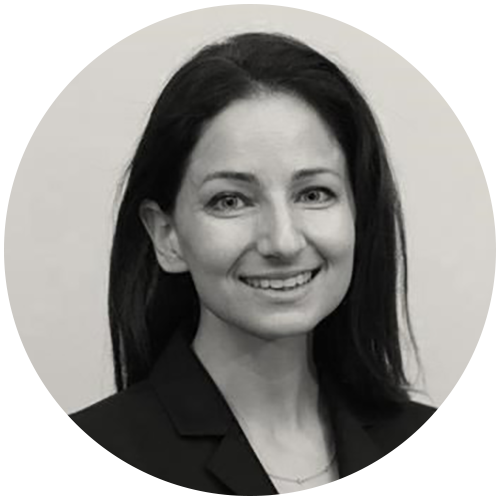
Julia Stuebing
Partner
Dinsmore & Shohl LLP
Artificial Intelligence is having and will continue to have a profound impact on insurance claims processing. During this session, a panel of experts will set the stage by examining what AI is and discussing its rapid evolution. The panel will also explore the myriad ways in which AI is revolutionizing the claims lifecycle and detail its application in fraud scoring, medical record processing, and media forensics. The panel with conclude the session by delving deeper into concerns around model fairness and talking through best practices for mitigating these concerns.

Sneha Godbole
Director of Data Science
Verisk Analytics
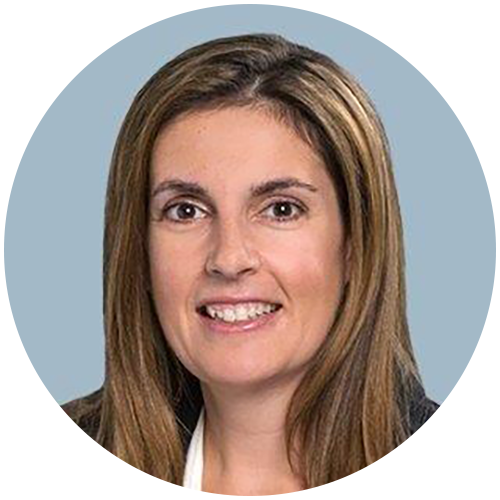
Kate Riordan
Director of Automation Services
Verisk
Bottom lines are facing relentless pressure by record-setting claims payouts. But what can you do it counteract this? Subrogation not only helps your profit margin, it benefits your insureds and informs your underwriting team on potential emerging issues. This session will be an in-depth discussion about impactful recovery strategies and cutting-edge subrogation innovation across all lines of business.

Maura Droney, JD
Chief Strategy and Operations Officer
QuantumSubro by Travelers
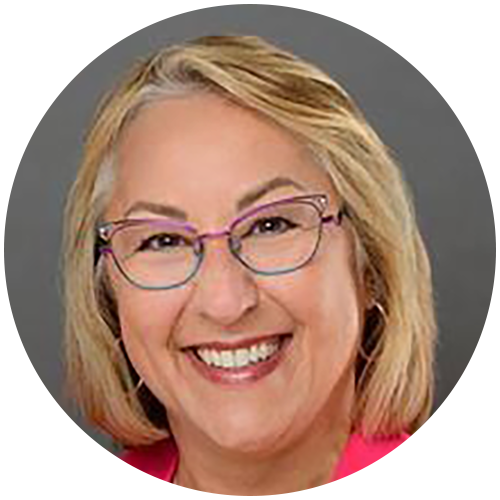
Lori Oswald, JD
Business Development Director
QuantumSubro by Travelers
In March 2022, research pioneered by Demotech and undertaken by Todd Kozikowski unearthed tech-enabled claim instigation as a business model used by opportunists to leverage internet traffic to secure contested claims against insurers. Tech-enabled claim instigation is the confluence of litigation platforms, litigation funding, litigation marketing and search engine optimization to redirect internet traffic intended for insurers to third-party sites developed by opportunists seeking to secure a contested claim.

Todd Kozikowski
CEO & Co-Founder
4Warn

Joseph Petrelli
President
Demotech, Inc.
This webinar will provide an overview of jurisdictional case law and practical issues that emerge in managing litigation – whether against an insurer or against an insured – arising in a jurisdiction other than one where the policy was issued. Attendees will gain familiarity with the legal issues governing personal jurisdiction over an insurer or insured in an area other than where the policy was issued. They will also learn about choice-of-law issues likely to arise and practical considerations when handling a claim arising in a jurisdiction outside the insurer's regional footprint.
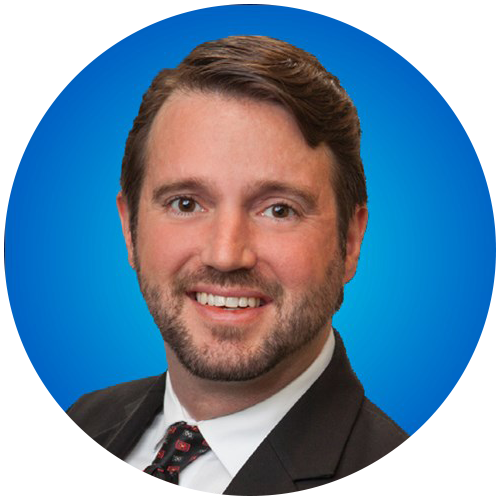
James Shaw Jr.
Partner
Butler Weihmuller Katz Craig LLP
Eversheds Sutherland and Keefe Bruyette & Woods invite you to join us for a webinar about capital strategies for mid-sized property/casualty mutual insurers, including mutual holding companies (MHCs), tie-ins, pools and surplus notes. This webinar will discuss market trends and will focus on the nuts and bolts of various structural and non-structural strategic options. The webinar will feature Eversheds Sutherland Insurance Partners John Pruitt and Cynthia Shoss in a conversation with Seth Bair, Managing Director and Head of Insurance and Asset Management Investment Banking at Keefe Bruyette & Woods. The program will provide insights and strategies for executives in the insurance industry.

Seth Bair
Managing Director and Head of Insurance and Asset Management Investment Banking
Keefe Bruyette & Woods

John Pruitt
Insurance Partner
Eversheds Sutherland

Cynthia Shoss
Insurance Partner
Eversheds Sutherland
When do cyberattacks constitute an act of war that insurers can exclude from coverage? The 2017 “NotPetya” Russian cyberattack aimed at Ukraine caused more than $10 billion in damages worldwide, but when Merck’s insurers tried to exclude a $1.4 billion cyber damage claim, they lost in court. On February 24, 2022, a Russian cyberattack on a satellite internet network shut down internet service to not only Ukraine’s military and police force as Russian military invaded but also to more than 30,000 other customers across western Europe. Lloyd’s of London has since mandated new cyber warfare exclusions in their policies that may prove problematic, which was subsequently followed in May 2023 by the New Jersey Appellate Division of Superior Court's decision on the appeal of the Merck case decision, further expanding the basis for the denial of insurers' exclusion of Merck's cyber claim. Join this webinar to examine the critical areas insurance professionals need to focus on to support a potential cyber operations/act-of-war exclusion to an insured's cyber claim.

Yanai Siegel
Corporate Counsel
Shafer Partners, LLP

Marc L. Tolliver
Partner
Touchstone Bernays
Frustration is what we hear throughout the industry when confronting bodily injury claims after low-impact collisions. The damages are so minor, commonsense screams no one could have been injured. Yet, insurers settle these claims every day for substantial sums because liability is clear or they want to avoid litigation expenses. This session will provide a process to tackle these suspect claims at an early stage with a consistent investigative and dispositive strategy. Focus is not centered on the analysis of medical records concerning treatment of subjective complaints of soft-tissue injuries. Rather, the presentation assesses the element of “causation” and the credibility of the claimant.
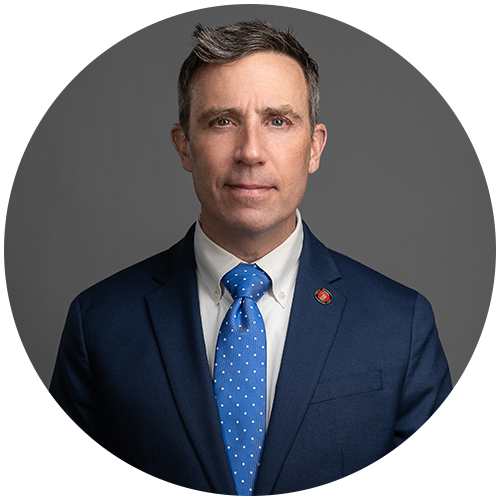
Timothy Tapply
Founder & Managing Partner
Brand & Tapply, LLC
During this webinar, presenters will share an overview of the impact of contents on an overall claim, best practices for gathering information on damaged content items, and making determinations on how to handle contents that can be repaired or restored. Attendees will learn contents inventory/valuation best practices, what tools are available for quality inventories, how inventory quality affects claims, and how to best balance restorable versus non-restorable property.

Tony Gunderson
Training Manager
edjuster Inc.

Carl Lariccia
Field Claims Supervisor
edjuster Inc.

Tyler Sawatzky
National Field Manager
edjuster Inc.
An armed intruder walks into your store and opens fire. Are you liable for injuries to customers and/or staff? It depends. Was it foreseeable because of something that happened before? Did you take any reasonable steps to prevent crimes from occurring? Is there a special relationship between you and your customers? This session will discuss the duty of care owed to an invitee with respect to protection from criminal acts of a third person, including liability for fleeing guests; use court cases to illustrate critical areas of responsibility and potential liability; and review ways to prepare against, avert, or mitigate civil liability for such incidents.

Howard Shafer
President and General Counsel
Your House Counsel

Broderick Young
Partner
Arnett Baker
This session will highlight the claim-handling practices claims professionals should take to avoid first- and third-party bad faith claims. The current legal environment surrounding bad faith litigation will be discussed. Examples of bad faith claims will be examined including, what steps could have been taken to prevent or mitigate the bad faith exposure.

Tracee Allen
Senior Litigation Examiner
NAMIC Insurance Company, Inc.

Dale Diamond
Vice President of Claims
NAMIC Insurance Company, Inc.
Use of the appraisal process has significantly increased in recent years. Unfortunately, so has abuse of the process. Inflated estimates, biased appraisers, unilateral umpire appointments, and intentionally ambiguous awards are becoming increasingly common. This session explores these abuses and, more importantly, provides strategies on how to stop them, ensuring that the appraisal process achieves its intended purpose - providing a prompt, fair method of resolving disputes as to the amount of loss.

Steven Badger
Partner
Zelle LLP
How are the best insurers making a measurable difference to their bottom lines and customer satisfaction rates by operationalizing analytics insights in every claim decision? This session will discuss some of the most valuable use cases and how they were implemented. The presenters will also discuss those cases’ demonstrated returns on investment.

Ryan Park Grant
Solution Manager
Guidewire Software

Alex Ryckebusch
Manager, Value Consulting
Guidewire Software
Medicare Secondary Payer compliance issues continue to present significant challenges for insurers. Staying ahead of the MSP/Centers for Medicare and Medicaid Services curve is critical to remain compliant, reduce risk, and settle claims. This webinar identifies Medicare’s many moving targets, how they impact claims, and what steps you can take to minimize risk and settle claims. Topics will include Section 111 penalties; CMS’s upcoming total payment obligation to claimant/workers’ compensation Medicare set-aside data collection process; CMS – and Treasury – recovery actions; Medicare Advantage; and WCMSA trends.

Mark Popolizio
Vice President, MSP Compliance
Verisk Casualty Solutions
This webinar will identify the skills and characteristics of successful adjusters who are responsible for delivering on the promises contained in the insurance contract. Attendees will see that focused investigation, objective evaluation, and skilled negotiation are just a few of the techniques employed to meet legal and ethical requirements of claims administration.

Elise Farnham
President
Illumine Consulting
An attorney demand letter lays out several details surrounding a personal injury including, specific demands that the injured person will accept to resolve the case and release the other side from liability. If not followed to the exact letter, many insurance companies have found themselves in litigation with devastating outcomes. Therefore, identifying these letters and every stipulation is critical. Yet, some attorneys intentionally disguise various demands of an insured’s policy, burying them behind extensive medical detail, with the intent of causing a mistake by the adjuster. If the adjuster misses a time-limit demand, it could result in bad faith, litigation, and heavy losses in settlement costs.
A panel of insurance legal experts will discuss the current litigious environment, tactics used by attorneys, mega verdicts, and the benefits modern technology has brought to assist adjusters in managing the influx of attorney demand letters, the increasing number of stipulations, and specific deadlines. Today, with text mining, optical character recognition, and artificial intelligence, claims adjusters can identify these “gotcha” tactics at scale, efficiently, and with zero slippage to avoid costly outcomes. With automated support to remain on schedule, adjusters have the peace of mind that they will not miss a deadline or the smallest nuance of the demand.

Rena Gehman
Casualty – Litigation Director
Insurance House

J. Holder Smith, Jr.
Partner
Young, Thagard, Hoffman, LLP
The property damage space has been operating the same way for decades, using independent adjusters/appraisers to inspect damages in person. This can result in delays in settlements and frustration for the customer; but with the rise of artificial intelligence and virtual tools, there is a new, more effective way of inspecting property damages. Join this webinar to learn more about virtual property estimating.
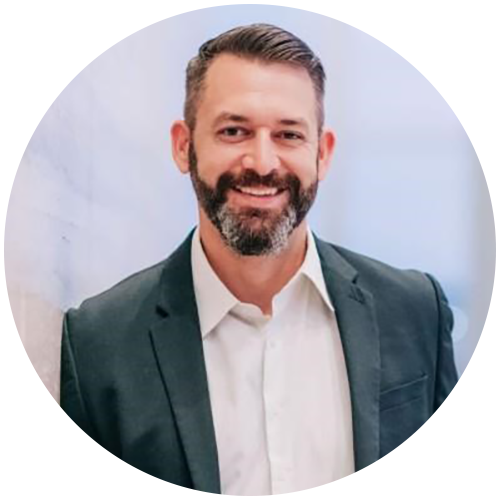
Ryan Stokes
Vice President, Business Development
Xceedance Claims
Contacts
-
Advocacy
-
Education
-
Political Action
-
News & Media
-
About
Indianapolis, IN 46268
317.875.5250 20 F Street NW
Suite 510
Washington, DC 20001
202.628.1558
By using this website, you automatically agree to our Terms of Use.


